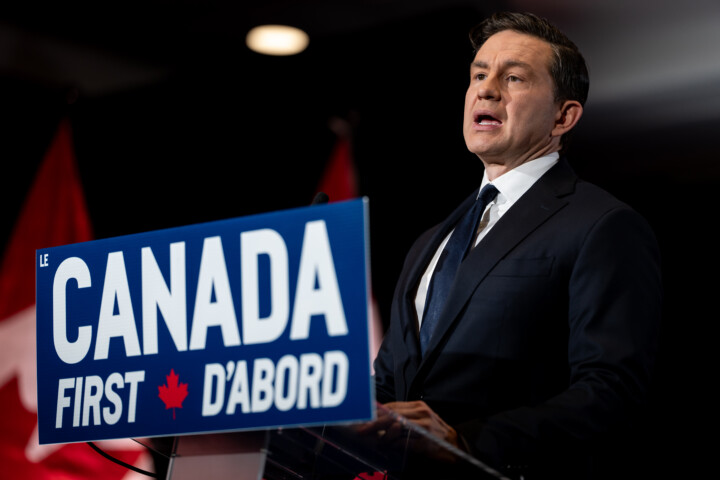Every election cycle in Quebec tends to bring about debates about linguistic laws and their necessity. Given that francophones comprise less than two percent of North America, fear of cultural assimilation helps drive these debates. However, Quebec history suggests that the economic vitality of the francophone community—not legislation and regulation—is the key to cultural persistence.
Advocates for language legislation often point to the strong linguistic laws (mandatory French schooling, for example) introduced in the late-1970sQuebec Language Policy https://www.thecanadianencyclopedia.ca/en/article/quebec-language-policy#:~:text=(courtesy%20CP)-,Official%20Language%20Act%20(1974),both%20remain%20the%20national%20languages. yet ignore the rising vitality of the French language in the mid-20th century when rates of French-English bilingualism among allophones (those who have neither French nor English as their first language) and anglophones substantially increased. Specifically, in 1951, among allophones and anglophones, 28 percent of women and 36 percent of men could speak French compared to 37 percent and 43 percent in 1971. There were even modest signs of a rising propensity among immigrants to send their children to French schools before the strict linguistic laws of the 1970s.
This is not to say that the laws had no effect. But the improvements were not due solely to legislation in the ’70s but also to prior factors—including economic growth.
Back in the late-19th and early-20th centuries, French-speaking Quebecers had wages well below those of English speakers.Québec Since Confederation https://www.thecanadianencyclopedia.ca/en/article/quebec-since-confederation This disparity started to dissipate in the 1940s as the linguistic wage gap began disappearing. In 1941, wages for French speakers were 27 percent below those for English speakers compared to 15 percent in 1971. And by 2001, no significant differences in wages existed. In fact, among younger workers (those born after 1940), the wage gap had nearly disappeared by the 1970s. In other words, during the latter half of the 20th century, economic growth was simply faster for francophones than for anglophones.
Why?
One reason is that an increased proportion of francophones finished high school and went on to college and university. The gap in educational achievements between anglophones and francophones fell considerably, which helped close the wage gap.
In the same vein, language is like an extra year of schooling. We expect schooling to increase income because of the skills and knowledge acquired. Language is also a skill and form of acquired knowledge, which is why economists find that the effect on the income of learning another language is roughly the same as an extra year of formal schooling.Speaking more than one language can boost economic growth https://www.weforum.org/agenda/2018/02/speaking-more-languages-boost-economic-growth/#:~:text=Several%20studies%20show%20that%20languages,than%20their%20English%2Donly%20peers.
Immigrants who arrived in Quebec after the 1940s had to pick one of the official languages to speak and the choice of language to learn would have been in great part dictated by the extra income they expected to earn. As the incomes of francophones were increasing relative to anglophones, the profitability of learning and speaking French was increasing as well. This explains the rising proportion post-1940 (but pre-1970s) of immigrants who knew and spoke French.
The rising vitality of the French language was due in large part to the rising economic vitality of francophones. French-language advocates and policymakers should learn this lesson from the past, as it’s key to any future improvements in the vitality of French in Quebec. Policies that improve economic growth among francophones in Quebec will likely invite non-francophones to converse in Molière’s language.
Recommended for You

Canada needs an effective fighting force, not another boondoggle

‘A risky bet’: The Roundtable on Carney’s Canada-China trade gamble

Are we experiencing another market bubble?

Why development charges are the biggest underdiscussed factor in skyrocketing housing prices: Five takeaways



